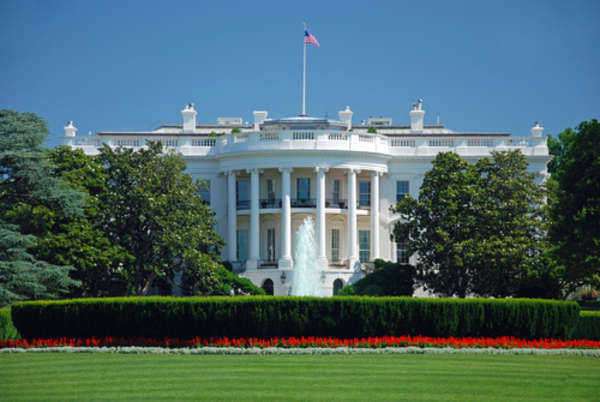What You Need To Know About Election Campaign

Election campaigns are often based on specific election issues, which vary according to several factors. For example, taxes are important during times of economic crisis, as is health care reform. However, when the economy is doing well, election campaigns may focus on different issues, such as abortion or same sex marriage.
Election campaigns often begin with the candidates thoughts on basic election issues, such as taxes. However, as the election campaign moves forward, the candidate may be forced to confront complicated issues which can greatly influence their votes. For instance, there are topics that can alter an individuals vote, simply because of the candidates opinion on on issue.
For example, taxes are an important topic for everyone and individuals carefully consider taxes when deciding who to vote for. However, many people feel very strongly about issues such as same sex marriage and adoption. For many people, these types of issues can greatly alter the way they perceive election campaigns.
Election campaigns may struggle to avoid controversial topics, but they are often forced to take sides on issues. In fact, most Americans want to know everything possible about a candidate before they choose to vote for them.
Election campaigns also involve public speeching engagements, which can tell people a lot about a candidate. For example, those with election campaigns that included strong leadership skills and a confidence when speaking, often fared better than those that did not.



























